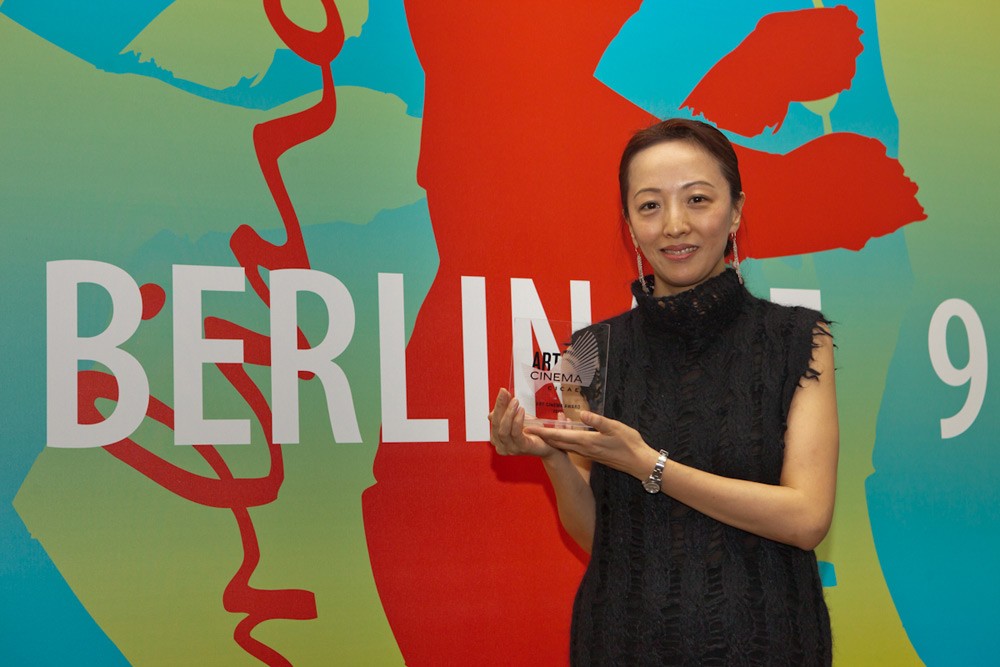
Ando Sakura, Iura Arata
Kazoku no kuni | Our Homeland by Yang Yonghi
JPN 2012, Forum

Yang Yonghi
Kazoku no kuni | Our Homeland by Yang Yonghi
JPN 2012, Forum
Sonho’s younger sister Rie is at the centre of the film and is not hard to recognise as the director’s alter-ego. In her documentaries DEAR PYONGYANG and SONA, THE OTHER MYSELF, Yang Yonghi told the story of her own life: at just six years of age, she had to experience how her three older brothers left the family forever, headed for Pyongyang.
It’s difficult to remain unaffected by the story’s emotional components. But the director doesn’t place her emphasis on melodrama, being simply interested in two people handed radically different life perspectives by the course of history. While Sonho’s path is sketched out for him, Rie recognises that a whole world of opportunities is open to her. Including the chance to rebel against her own family.
Additional information

Yang Yonghi, Dorothee Wenner
The director of the Japanese film and the host.
Kazoku no kuni · Forum · Feb 12, 2012

Yang Yonghi
The proud winner of the C.I.C.A.E. Prize.
Kazoku no kuni · Forum · Prizes of the Independent Juries · Feb 18, 2012
